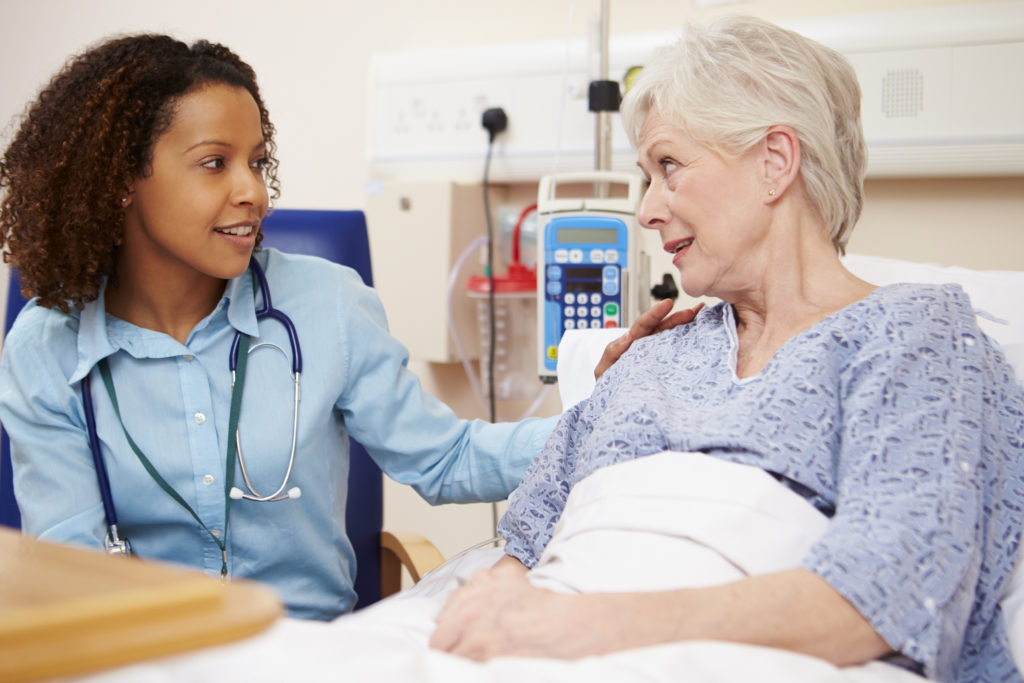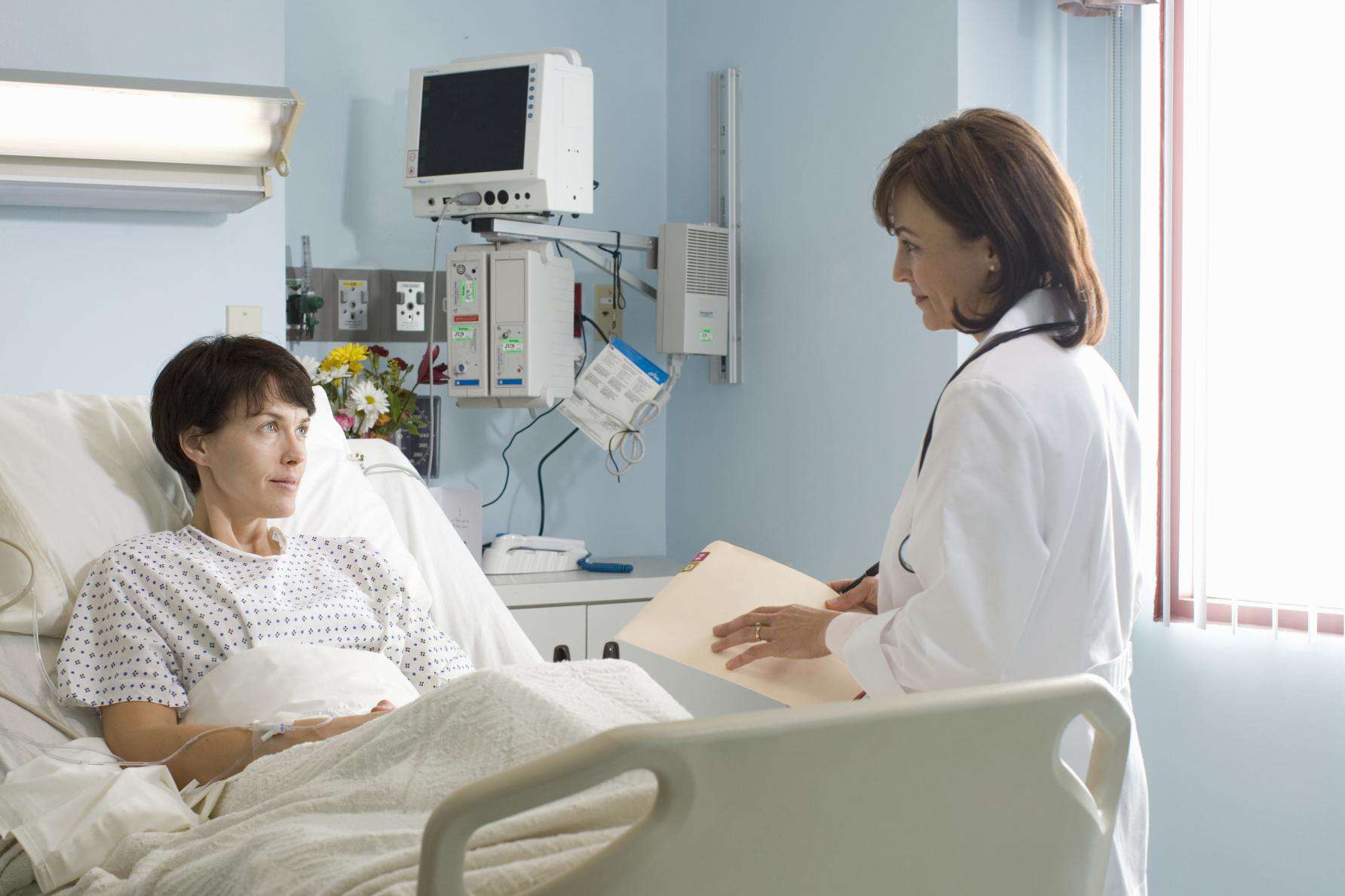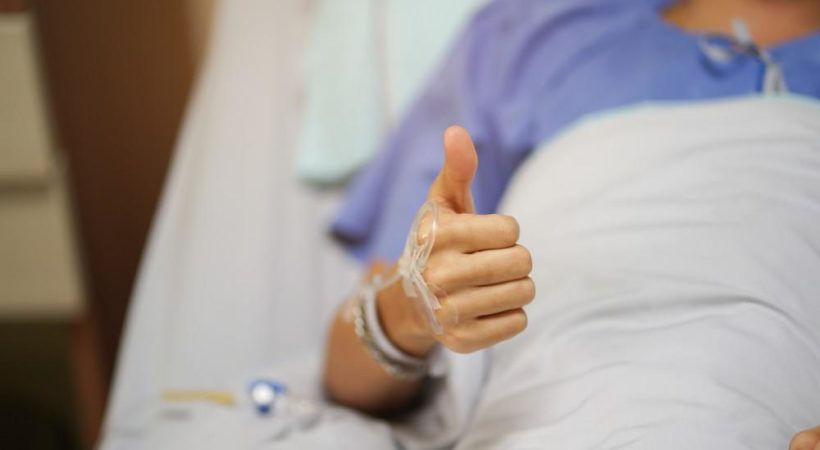Table of Contents
Human growth hormone (HGH) is the main medication to treat growth hormone deficiency (GHD) which is injected directly into the bloodstream. Besides restoring the balance of growth hormone for patients with GHD, clinical studies show HGH causes several improvements including weight loss, muscle gain, and bone strength improvement. Moreover, HGH for recovery after serious damage is beneficial because it promotes cell division.
Patients with growth hormone deficiency can apply their legally prescribed medications to heal after a surgical intervention or serious injuries. HGH dosage for injury recovery should be defined by your practitioner. In this article, we discuss how HGH therapy promotes healing and what dosage is allowed for injury and surgery recovery.
Is HGH Good for Injury Recovery?
The wound healing process involves cellular division to restore damaged tissue. Wound recovery is a time-consuming process that is divided into 4 phases and involves blood clotting, removing pathogens and bacteria, and repairing damaged tissues. The proliferation phase in injury recovery is highly important as it involves rebuilding new vessels to deliver oxygen and nutrients and restoring the epithelium. These processes require a lot of new cells.

Human growth hormones can accelerate recovery by triggering the FOXM1 gene. This gene is responsible for cell proliferation, which is simply an increase in the number of cells. The study from the University of Illinois, Chicago conducted experiments on old mice. The mice FOXM1b gene was stimulated by GH. Researchers observed that the injured liver of old mice recovered at rates observed in young mice. The scientists indicate using HGH for injury recovery might prevent wound healing slowdown associated with aging.
Does HGH help to recover after surgery?
The recovery after a serious surgical intervention often immobilizes the patient until all the wounds heal. Sometimes there’s a risk of reaching a catabolic state, where your body loses adipose and muscle tissues. HGH therapy can promote the wound-healing process and prevent muscle loss during recovery.
The study conducted on 216 patients with moderate or major surgical trauma showed that HGH treatment increases protein synthesis which helps our body to preserve muscle mass, strengthen the immune system and diminish postoperative fatigue. Thus, HGH for recovery after surgery helps to overcome catabolic effects.
Besides, some studies show that HGH therapy might preserve on only muscle size but muscle strength as well. For example, muscle weakness is a common issue that occurs after knee surgery. As the study reveals, HGH can improve postoperative recovery by preserving knee quadriceps strength.

Other areas of application of HGH
Researchers are interested in the beneficial properties of HGH for recovery after severe damage. That’s why several studies are indicating the ability of the growth hormone in healing some medical conditions or injuries. Can HGH prevent arthritis or promote nerve regeneration? Is there a way to speed up tendon and ligament healing for athletes and older adults? Let’s see.
Wounds and tendons
Tendon and ligament traumas often occur during sports activities and unexpected falls and require a prolonged healing process. Usually, it takes months for tendons and ligaments to recover and requires a minimum load on damaged areas. Damaged tendons and ligaments prevent us from normal daily activities, worsening our quality of life. However, scientists believe HGH therapy for tendon and ligament injuries might speed up the healing process.
Currently, there are several studies conducted in mice that show a perspective for the growth hormone to provide quick relief for damaged tendons. The mechanism of tendon repair involves insulin growth factor 1 (IGF-1), synthesized in the liver. HGH serves as an IGF-1 stimulator. According to the studies, mice who received the growth factor experienced slight inflammation and returned to their physical capabilities faster.
Rare studies in small groups of humans provide reports on HGH boosting collagen formation in human tendons. Researchers suggest HGH tendon repair might be an effective strategy to fast recovery. Still, clinical trials are required to confirm HGH’s positive effects on tendon and ligament injury healing.

HGH for wound healing can also be an effective remedy. Because the growth hormone increases cell proliferation, its effect on wound healing is highly investigated. Human studies reveal positive results on this matter. For example, in one study 46 children with serious skin burns were given HGH and a placebo. The group which received HGH showed a 25% faster recovery compared to the control group.
As HGH accelerates skin repair and wound healing, scientists suggest, growth hormone therapy can shorten hospital stays for people with burns and other wounds. Another study shows HGH therapy provides better survivability for severely wounded patients. Growth hormone in combination with a prescribed therapy decreased mortality by 11% compared to the control group, who were treated only with standard therapy.
Nerve regeneration
Nerve damage can be one of the most debilitating and permanent types of injury. Nerve cells in the central neural system (CNS) need to grow exactly where they are supposed to be to preserve CNS integrity. That’s why spinal cord and brain injuries are extremely hard to heal. Luckily, scientists study how growth hormone therapy can address this problem.
One study conducted on people with spinal cord injury (SCI) showed that growth hormone deficiency seems to be frequent in patients with SCI. After 6 months of therapy, patients who received GH regained some of their sensory perception below the lesion level. The placebo group hasn’t shown such improvements.
Nerve damage in the brain can be also addressed with the help of growth hormones. Animal studies show promising results on GH therapy restoring damaged tissue and cognitive abilities of mice.
Arthritis
Scientists are actively studying growth hormone and growth factor and their influence on cartilage recovery. HGH affects cartilage tissue indirectly through the stimulation of IGF-1. The healing effect of IGF-1 on cartilage tissue was studied in vitro and in animals. Researchers are enthusiastic about HGH’s ability to reverse arthritis because experiments on rats with induced GH and IGF deficiency showed GH therapy reduces the incidence of osteoarthritis and lowers its severity in rats’ knee joints. The usage of HGH for treating arthritis looks promising and clinical trials are expected in near future.

Defining the right HGH dosage for recovery
Human growth hormone approved by FDA is available only by prescription and can be administered only by injections. Any other forms of medications containing HGH are not proven to be effective to treat GHD.
Serious injuries such as burns or post-surgical trauma can be treated with the right GH dosage. Studies conducted in children with skin burns have shown no side effects and recovery improvements with doses of 0.2 mg/kg per day. However, treating adults with the same dosage can be harmful. Besides, taking more than 3-5 mg of HGH per day for an adult should not exceed 14-21 days, because it can induce side effects.
The doses which cause a positive healing effect should be smaller. For example, a dose of 0.1mg/kg per day can improve recovery in just six days of treatment. Growth hormone provides protein enhancement, restores energy levels, and strengthens the immune system. Be sure you receive direct instructions on how to take HGH for injury recovery from your practitioner and don’t change the dosage without consulting with your doctor. If you notice a headache, swelling, or other unusual conditions turn to your practitioner to adjust the dose.
Growth hormone overdose can induce such adverse effects as:
- carpal tunnel syndrome,
- pain in joints and muscles,
- enlargement of breast tissue in men.
The increased dosage of HGH for recovery after surgery has no evidence to be effective if taken before the operation. On the contrary, a small increase in HGH after the operation provides benefits for recovery during the postoperative period. If you need professional advice on injectable HGH therapy for injury recovery, leave your contacts on our website and our practitioners will find the best treatment solution for you.
Key takeaways

The scientific interest in human growth hormone benefits for injury and surgery recovery is increasing. The research has shown HGH might speed up wound healing and facilitate recovery after severe injuries and postoperative traumas. It also can provide effective arthritis and nerve damage treatment.
HGH injections must be prescribed by a practitioner to be safe and effective, as only your doctor can adjust the right HGH dosage for injury recovery. You can get professional advice from our practitioners to receive the most effective GH treatment.

Dr. Mill has over thirty years of experience working as a thyroid specialist and hormone expert in a US clinic. He is passionate about developing his knowledge and confirming his practice.

